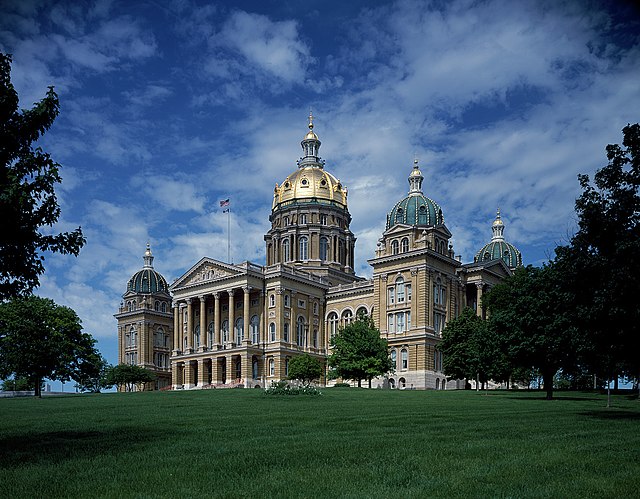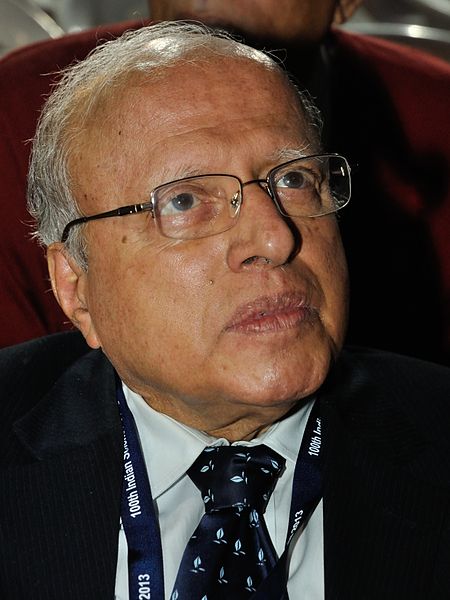The World Food Prize is an international award recognizing the achievements of individuals who have advanced human development by improving the quality, quantity, or availability of food in the world. Conceived by Nobel Peace Prize laureate Norman Borlaug and established in 1986 through the support of General Foods, the prize is envisioned and promoted as the Nobel or the highest honors in the field of food and agriculture. It is now administered by the World Food Prize Foundation with support from numerous sponsors. Since 1987, the prize has been awarded annually to recognize contributions in any field involved in the world food supply, such as animal science, aquaculture, soil science, water conservation, nutrition, health, plant science, seed science, plant pathology, crop protection, food technology, food safety, policy, research, infrastructure, emergency relief, and poverty alleviation and hunger.

The Iowa State Capitol, where the laureates are honored and officially awarded their prize
World Food Prize Hall of Laureates, the renovated and rehabilitated former Des Moines Library
1987 recipient M. S. Swaminathan
1992 recipient Edward F. Knipling
Norman Ernest Borlaug was an American agronomist who led initiatives worldwide that contributed to the extensive increases in agricultural production termed the Green Revolution. Borlaug was awarded multiple honors for his work, including the Nobel Peace Prize, the Presidential Medal of Freedom and the Congressional Gold Medal, one of only seven people to have received all three awards.
Borlaug in 2004
Norman Borlaug wrestling at the University of Minnesota
Wheat is the third most-produced cereal crop.
President George W. Bush speaks with National Medal of Science Laureates, White House, 2006. Dr. Norman E. Borlaug is second from left.








